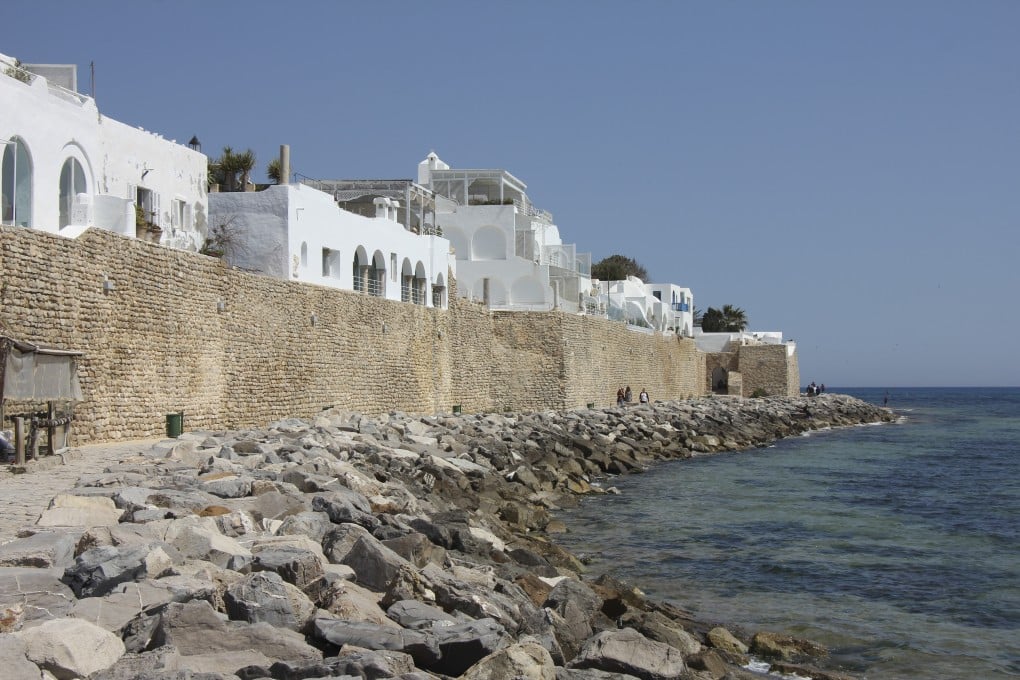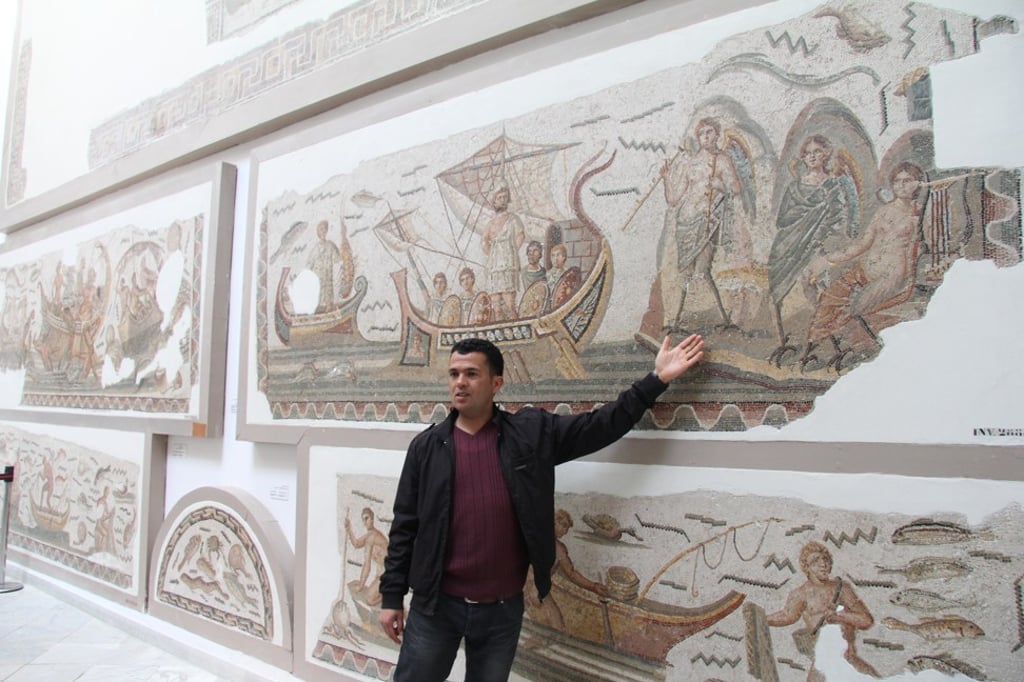Tunisia’s terror attacks killed package tourism; now North African nation attracts a different kind of traveller
- One of Arab world’s most tolerant countries boasts beautiful beaches, pre-Roman ruins, and hassle-free souks
- Chic new hotels and renovated riads in the heart of the medinas are luring more affluent visitors

I last visited Tunisia after the 2010-11 jasmine revolution, the peaceful insurrection that ended decades of totalitarian rule and lit the touchpaper of the wider Arab spring. The euphoria of freedom was palpable. I was invited to, of all things, a Miss Tunisia competition, a symbol of liberty after years of repression. I found a free press, anarchic graffiti and provocative rappers.
While Tunisia remains a rare tolerant democracy in the Arab world, all that optimism was blown away in 2015 by two terror assaults on tourists.That March, 22 people, mostly European tourists, were killed at the Bardo National Museum, in Tunis, the nation’s capital. Three months later, 38 holidaymakers were gunned down on a beach close to the resort city of Sousse.
The vitally important tourism industry all but disappeared in the aftermath, so I’m returning to discover whether Tunisia has managed to re-establish itself.
One thing is for sure, from the moment we touch down at Tunis airport, I feel safer than at home in Paris, where the gilets jaunes protesters maraud down the Champs-Elysées every Saturday.

The heart of Tunisia’s capital is its medieval medina, a Unesco World Heritage-recognised maze of souks selling balghaleather slippers, colourful ceramics, gold jewellery, essential oils distilled from jasmine and bitter orange, and knock-off Chanel N°5. The seething crowds in the narrow alleyways are a mixture of tourists and locals, but unlike in many North African markets, foreigners browse without being hassled, directions are politely given and although bargaining is a must, there is no incessant pestering if a deal cannot be reached.